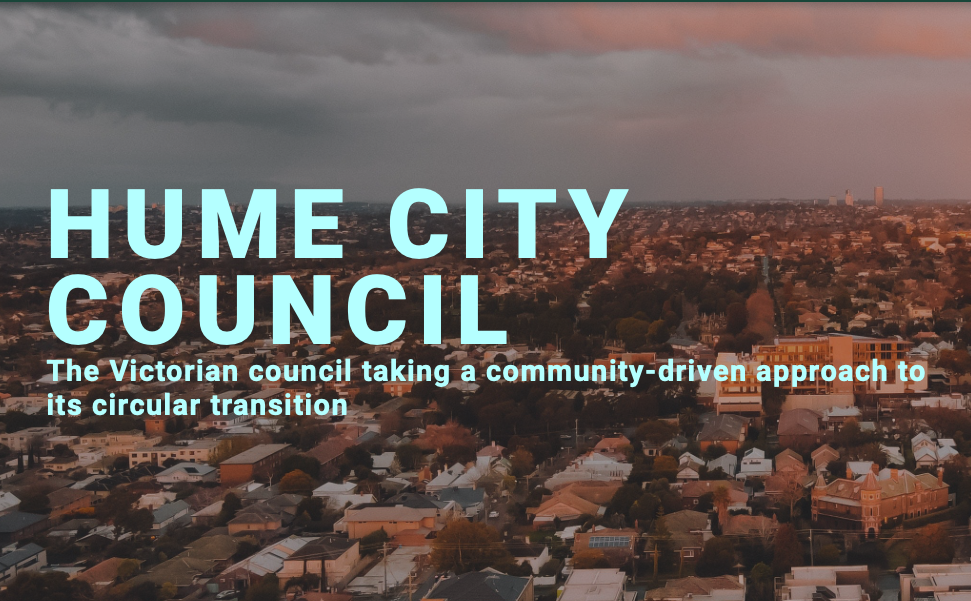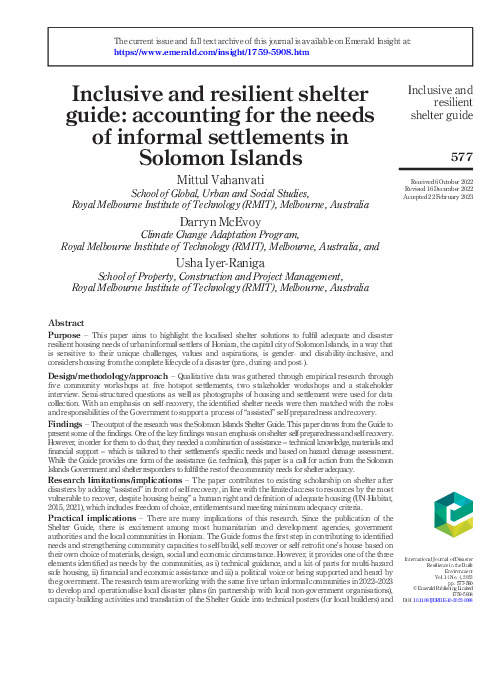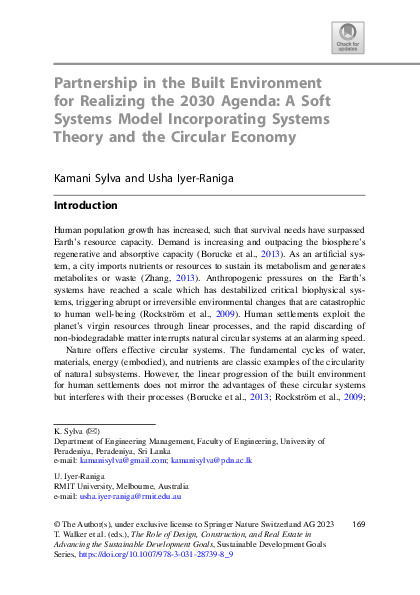Hume City Council
Hume is a peri-urban city north of Melbourne that's home to over 240,000 residents, 15,000 businesses and the Tullamarine Airport. The northern part of the city is a designated 'growth corridor' and its expanding population and large industrial hubs have created the perfect testing ground for circular economy opportunities. Hume City Council is recognised as a progressive municipality when it comes to implementing circularity, having commenced its journey more than two years ago. The council completed a business case for circularity in mid-2021, the first stage in its roadmap Towards Hume as a Circular City. The city is now embarking on a series of projects to engage with the community to realise its circular economy vision. Hume's circular economy journey began with an inter-departmental working group, convened by George in 2020. The Hume Circular Economy Sector (HCES) Working Group was made up of members from key council teams: Assets, Economic Development, Procurement, Strategic Planning, Sustainable Environment and Waste and Resource Recovery. The findings of the HCES working group were presented to Council in April 2021 when the proposition of Towards Hume as a Circular City was received positively and fully supported by Council. Instead of focusing their efforts on internal council education and policy development, they are looking outward to form external partnerships and collaborations. Aims include:
- Preparing a business case which looks at material flows across the city, completed August 2021. - Community engagement and building awareness of the circular economy. - Identifying circular economy training needs, developing short courses to meet these needs and planning various events to showcase the circular innovations that are already happening in the city. - Establishing a Circular Economy Taskforce to provide a whole of community, business, education and government resource, providing strategic guidance to enable delivery of programs. - Building on the success of the Circular Advantage training program for business, launched in 2020 in a collaborative partnership with the City of Kingston in Melbourne’s south-east, by developing other training courses tailored for SMEs. - Creating an environment for, and network of, Circular Champions and Pioneers.
"We've got a very large industrial base in Hume. Approximately 50 per cent of the 15,000 businesses and 110,000 jobs in the region are in manufacturing, transport and logistics. Those sectors are absolutely ripe for exploring circularity as a means to improve their business processes in so many ways," George explains. The Circular Business Network evolved from the Business Efficiency Network, which was set up in 2008 to engage with business on sustainability. This work has given Hume a head-start when it comes to getting support for circular economy initiatives. Ian says the size of Hume's Economic Development team, which is some 20 people strong, also gives the council an advantage when it comes to resourcing new programs for business and gaining broad community outreach. "The business case developed three different future scenarios. The first is 'business as usual' with a 'little bit of tweaking' scenario; the second takes a middle road with iterative improvements to current practices; and the third is a Circular City scenario which emphasises optimisation of existing resources, has strong innovation and really drives utilisation of circular principles that design out waste," George says. The program developed the Circular Advantage course.
This case study is directly related to the work of the OPN SBC programme.



